
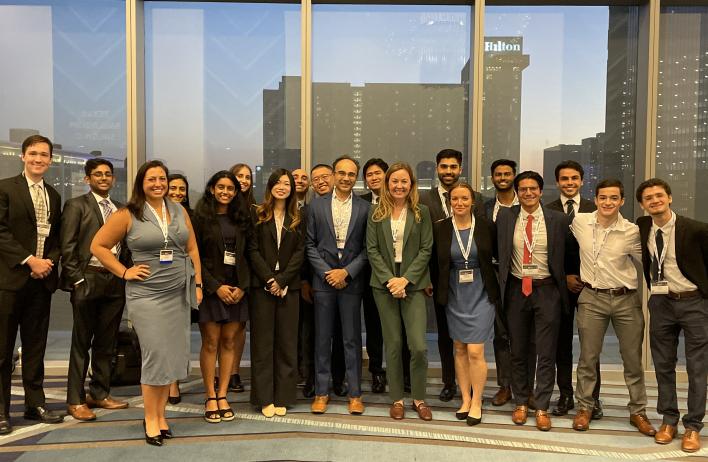
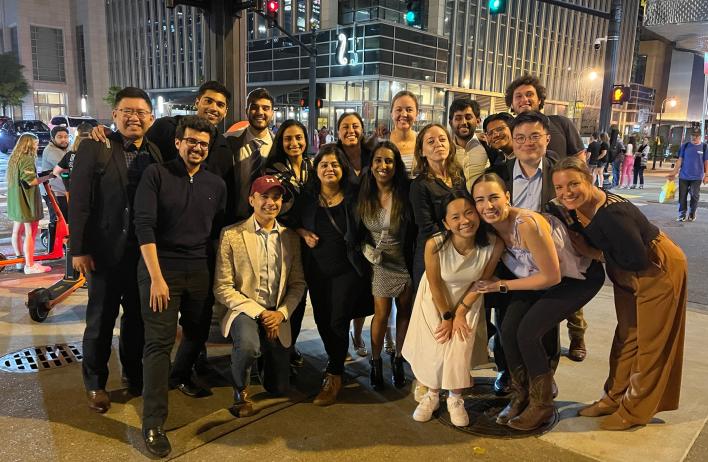
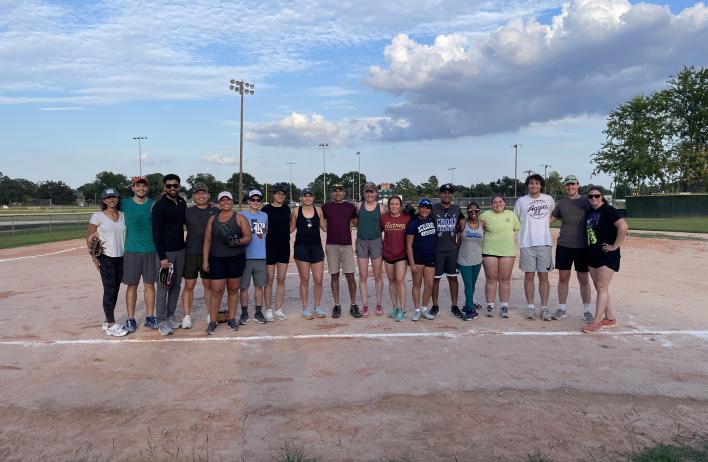
Current Members

Sameer Anil Sheth, M.D., Ph.D.
Director, Functional and Cognitive Neurophysiology Lab
Epilepsy Surgery, Movement Disorders, Psychiatric Neurosurgery
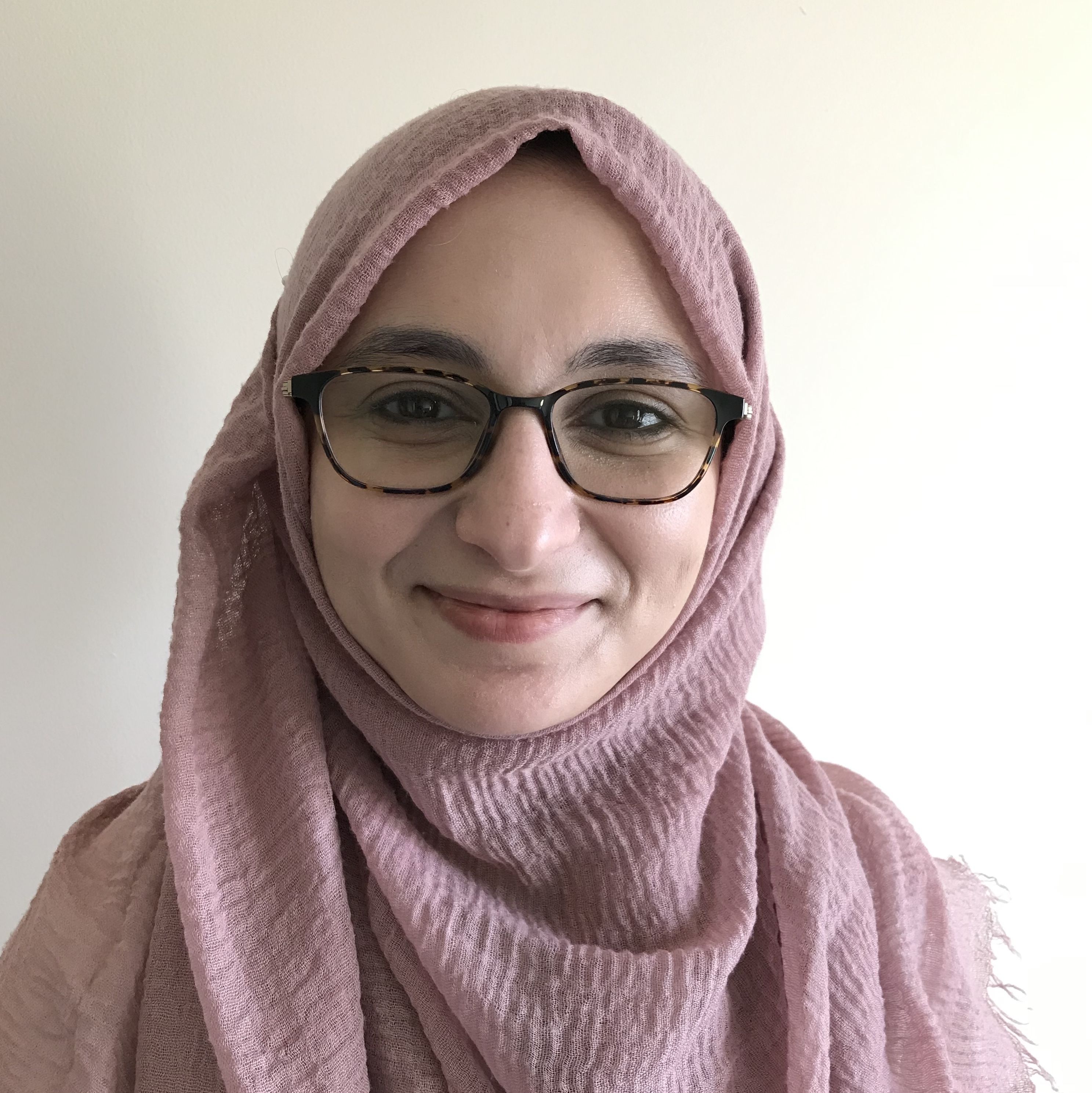
Habiba Azab
Postdoctoral Associate
I am interested in the neural circuits implementing some of the very cognitive processes that make us human: abstract reasoning, flexible behavior, and complex decision-making. My work investigates how individual neurons represent information that facilitates these processes, and how these neurons combine into circuits implementing complex, dynamic, and flexible computations. This work began during my Ph.D. in the Hayden lab at the University of Minnesota, where my work was focused on the mechanisms underlying value-based decisions. With my background in computer science, I hope to expand my work to explore circuit models that would lend us further insight into the implementation of these processes.
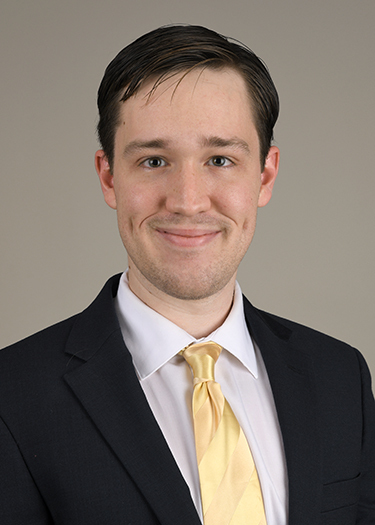
Holden Bentley
Medical Student
I am a third-year medical student, and I plan to apply for Neurosurgery residency. I received a BS in Biomedical Engineering at the University of Texas at Austin in 2021. I am currently attending McGovern Medical School and am participating in a research year under the guidance of Dr. Sameer Sheth and Dr. Nicole Provenza.
I am primarily interested in the application of deep brain stimulation (DBS) to treatment-resistant psychiatric disorders and developing a deeper understanding of human brain function in such patients. My work currently involves the collection and processing of neuronal data collected from OCD patients with DBS implants. My goal is to improve the application of DBS to these patients, and to discover novel ways to characterize OCD from neural data. Ultimately, this could allow for adaptive DBS (aDBS) systems to be created, which could revolutionize neuropsychiatric care.
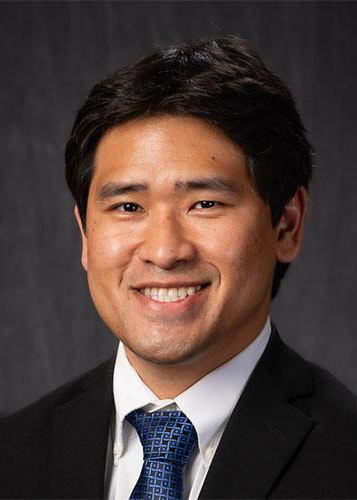
Davin Devara
Medical Student
I am a medical student who has completed my 3rd year at Texas Tech University Health Sciences Center in El Paso, TX. I obtained a B.S.A in Neuroscience from the University of Texas at Austin. I am currently taking a research gap year to explore functional neuroscience. I plan to pursue neurosurgery residency after graduation. Outside of academia, I enjoys traveling, sampling different cuisines, and all things related to capybaras.
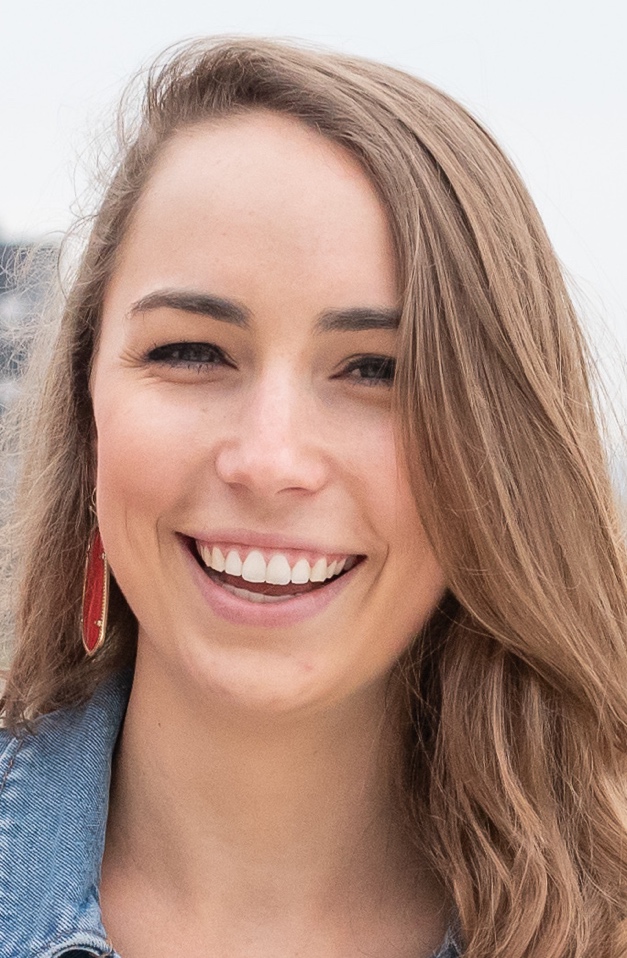
Victoria Gates
Senior Research Coordinator
I am Dr. Sheth's research coordinator for the Deep Brain Stimulation (DBS) for treatment-resistant depression clinical trial. I graduated from the University of Houston in 2017 with my B.S. in Psychology and joined the lab in 2019. I have always been interested in mental illness research coupled with the administrative processes of research.
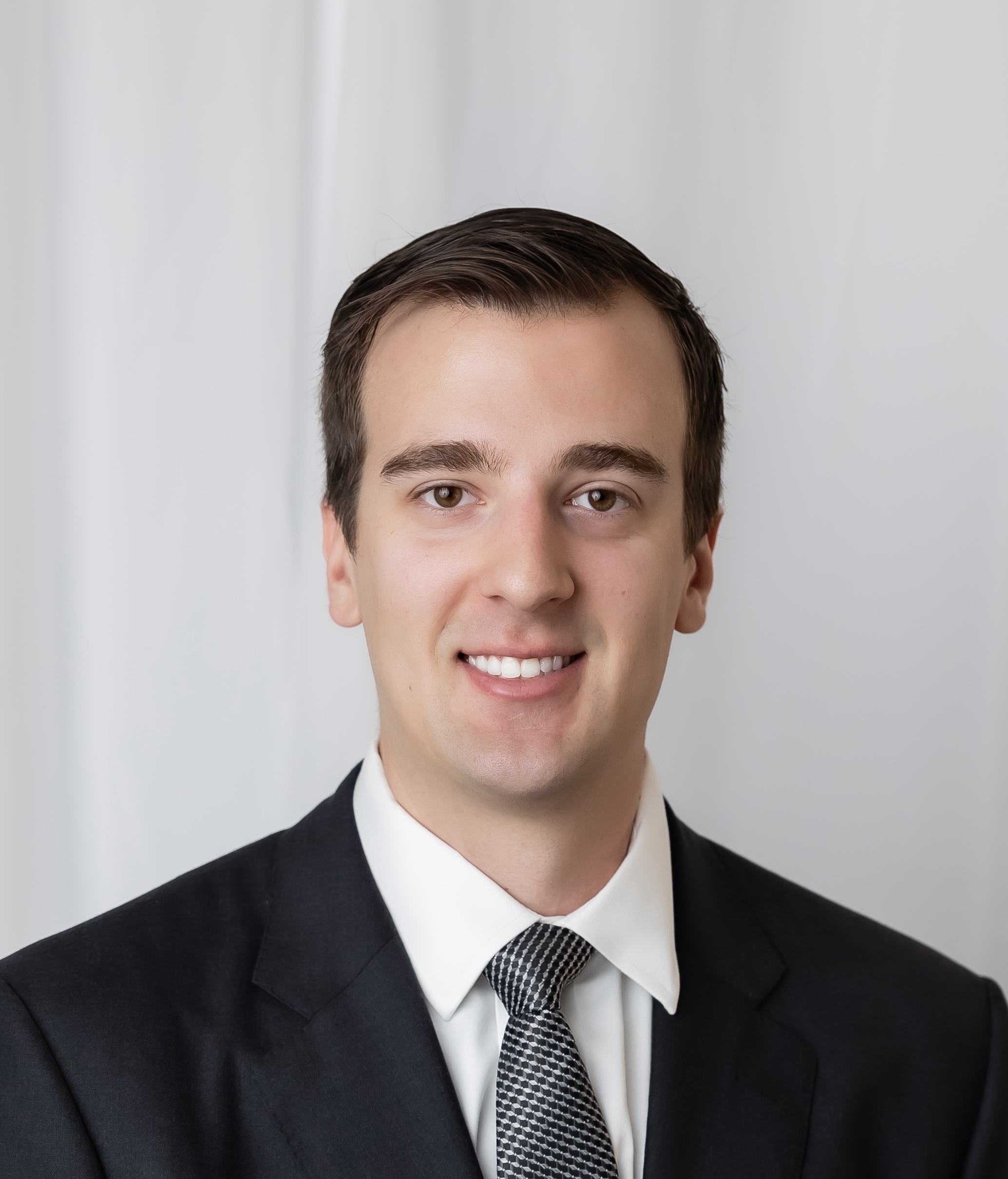
Thomas Hamre
Medical Student
I am a second-year medical student at Baylor College of Medicine, interested in applying for Neurological Surgery residency, and am currently participating in the Medical Research Pathway. I earned a B.S. in Biosciences with a concentration in Biochemistry from Rice University. My clinical interests center on neuromodulation approaches for the treatment of psychiatric, cognitive, and motor disorders. Following this dedicated research year, I will complete my medical training as a member of the BCM Class of 2028.
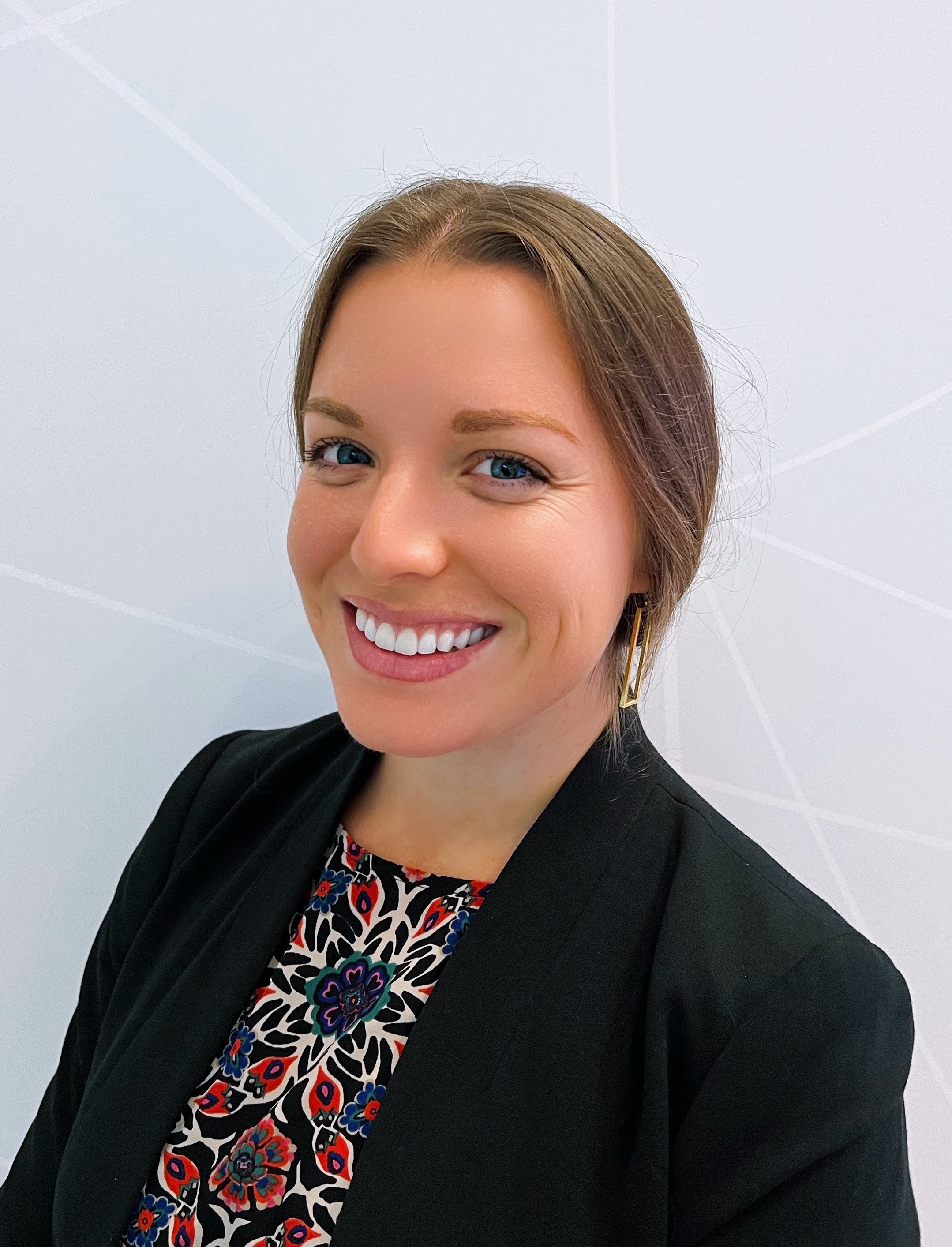
Kat Kabotyanski
M.D. / Ph.D. Student
I received my B.S. in neuroscience from Duke University in 2014, then worked as a Research Assistant on the Healthy Brain Network at the Child Mind Institute and Research Manager for the Human Connectome Project at Harvard University before starting my M.D.-Ph.D at BCM in 2020.
Clinically, I am interested in neurosurgery and am particularly excited about the career’s unique opportunity to simultaneously treat and better understand the human brain. Scientifically, I am interested in uncovering the physiological mechanisms that underlie mood, cognition, and behavior in order to identify neural signatures of pathological vs healthy states. As a Ph.D candidate in the Quantitative and Computational Biosciences program, I hope to use novel methods for decoding, interpreting, and representing neural signals. Ultimately, I hope this work will enable more effective, individualized treatments.
I am extremely grateful to work with this fun, talented, and diverse team, as well as the many collaborators that make this important research possible.
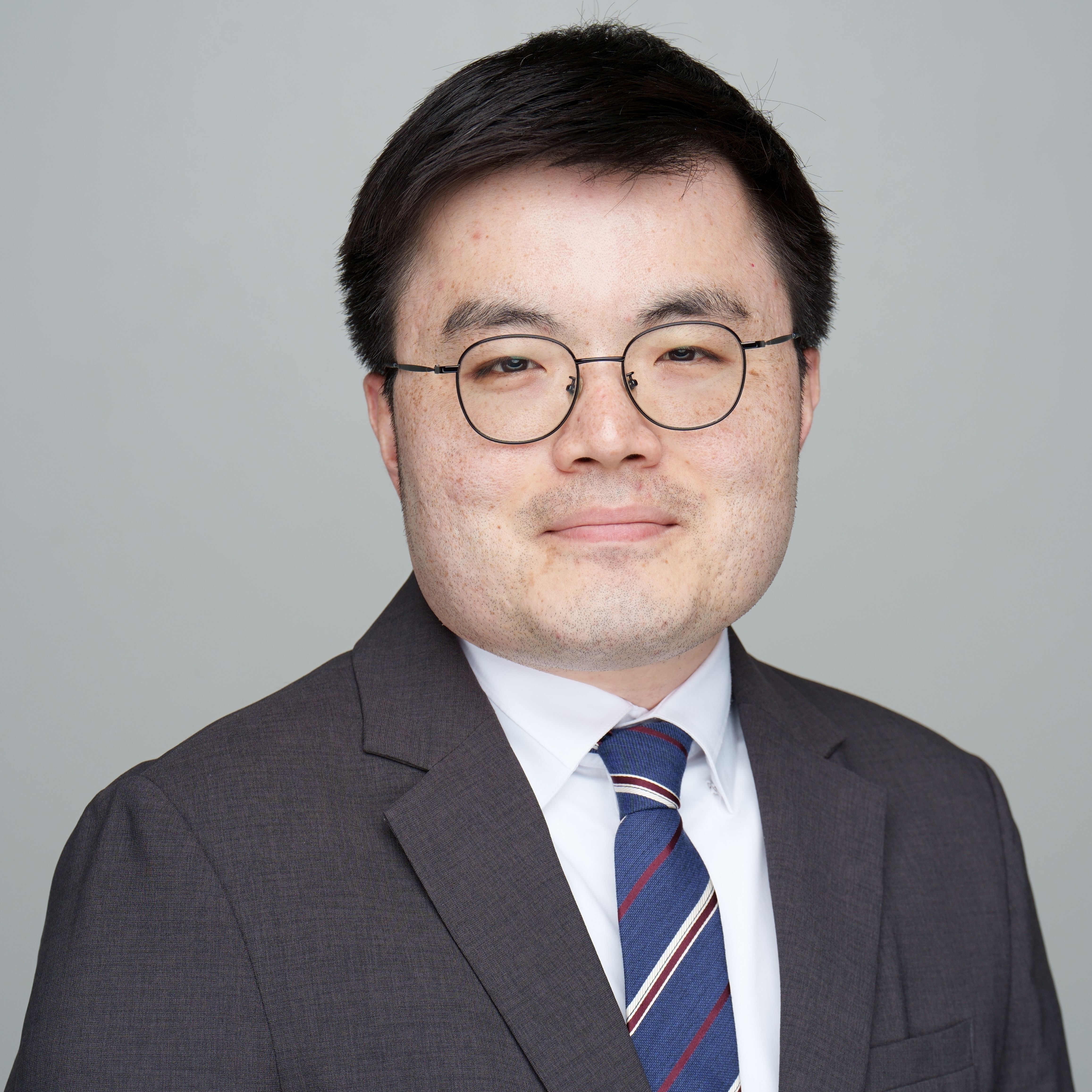
Jung Uk Kang
Postdoctoral Associate
I finished my Ph.D. in neuroscience at Washington University School of Medicine studying inter-areal communication in macaque posterior parietal cortex during bimanual and eye-hand coordination. As a post-doctoral researcher at BCM, I plan to investigate neurophysiology of high-level cognition in the human brain and the underlying mechanism of deep brain stimulation for psychiatric and neurological disorders such as obsessive-compulsive disorder or Parkinson’s disease. I aim to better understand how different brain areas process information in health and disease, and develop individualized approaches to improve clinical care for brain disorders.
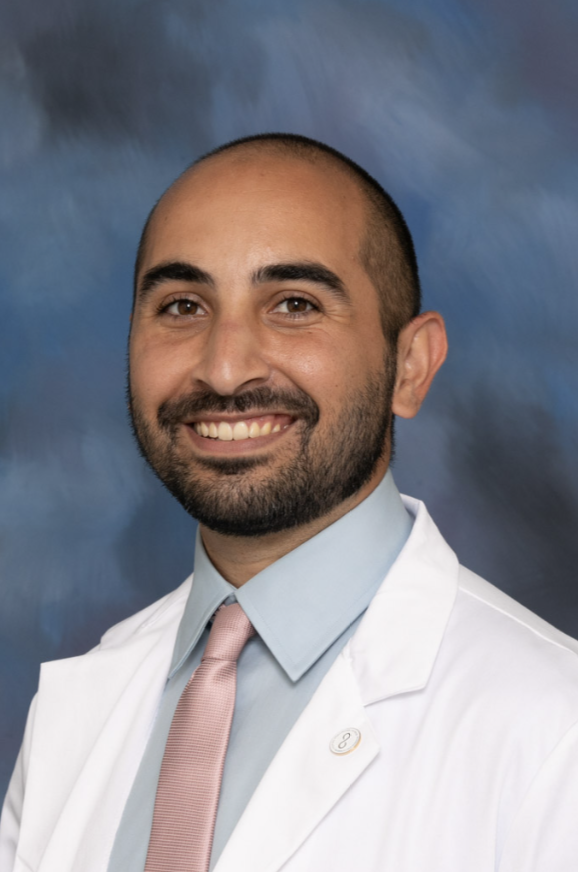
Kasra Mansourian
Medical Student
I am a Tulane medical student joining the lab for a dedicated research year. I received my B.S. in biopsychology from UCSB and my M.S. in molecular medicine from Tulane. After graduating, I worked in the Margolis/Waung lab at UCSF where I studied neural circuitry involved in pain and addiction. There I developed a growing interest in functional neurosurgery as I learned more about the ways in which neurosurgeons are able to monitor and modulate aberrant brain circuits. I look forward to working with this skilled and collaborative team to further explore the utility of deep brain stimulation in psychiatric disorders.
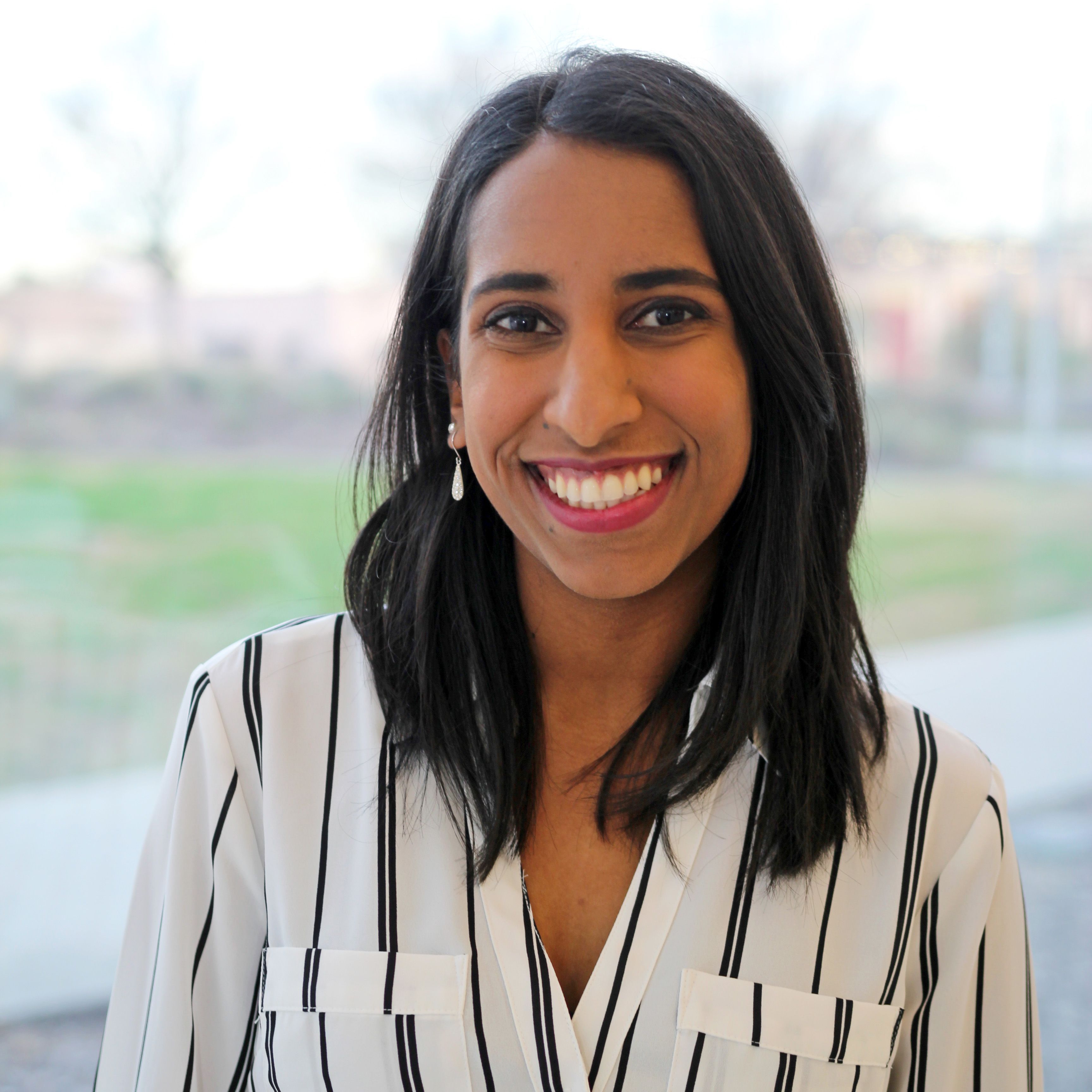
Raissa Mathura
Research Coordinator III
My work involves creating visualizations of the intracranial electrodes that are implanted in our research patients as well as running research tasks at the EMU. I also help with establishing the outward facing presence of the lab, through PR and social media for Dr. Sheth. I graduated from Rice University in 2019 with a bachelor’s degree in Cognitive Science. I am interested in learning more about the nature of complex human cognitive functions and the integration of different academic disciplines through research.
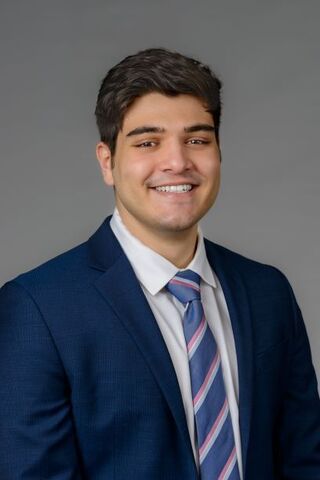
Layth Mattar
Research Technician II
In 2021 I received my B.S. in Biology from Emory University and have since worked as an AmeriCorps VISTA service member in a free clinic and as a medical scribe in rural and urban safety-net clinics. Those two experiences exposed me to many different types of psychiatric and neurological disorders and conditions, and the great impact these conditions can have on patient’s lives, especially if they are treatment resistant. I joined Dr. Sheth’s lab to contribute to the discovery and investigation of new treatments aimed at helping and improving the quality of life these patients experience.
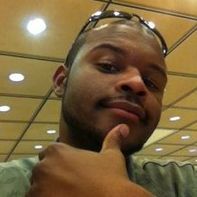
John Myers
Postdoctoral Associate
We use high density electrocorticography (ECoG) to capture neural oscillations, and we use microelectrodes to measure action potentials while people play games designed to test certain mental skills. A key goal is to understand how our brain cells seem to almost effortlessly work together to rapidly convert abstract mental representations into actions. We combine conventional neuroscience techniques with machine learning to answer these questions. I am also working on a project involving deep brain stimulation (DBS) for treatment of major depression. We are seeking to learn more about the brain activity that underlies depression, while developing patient-specific stimulation protocols.
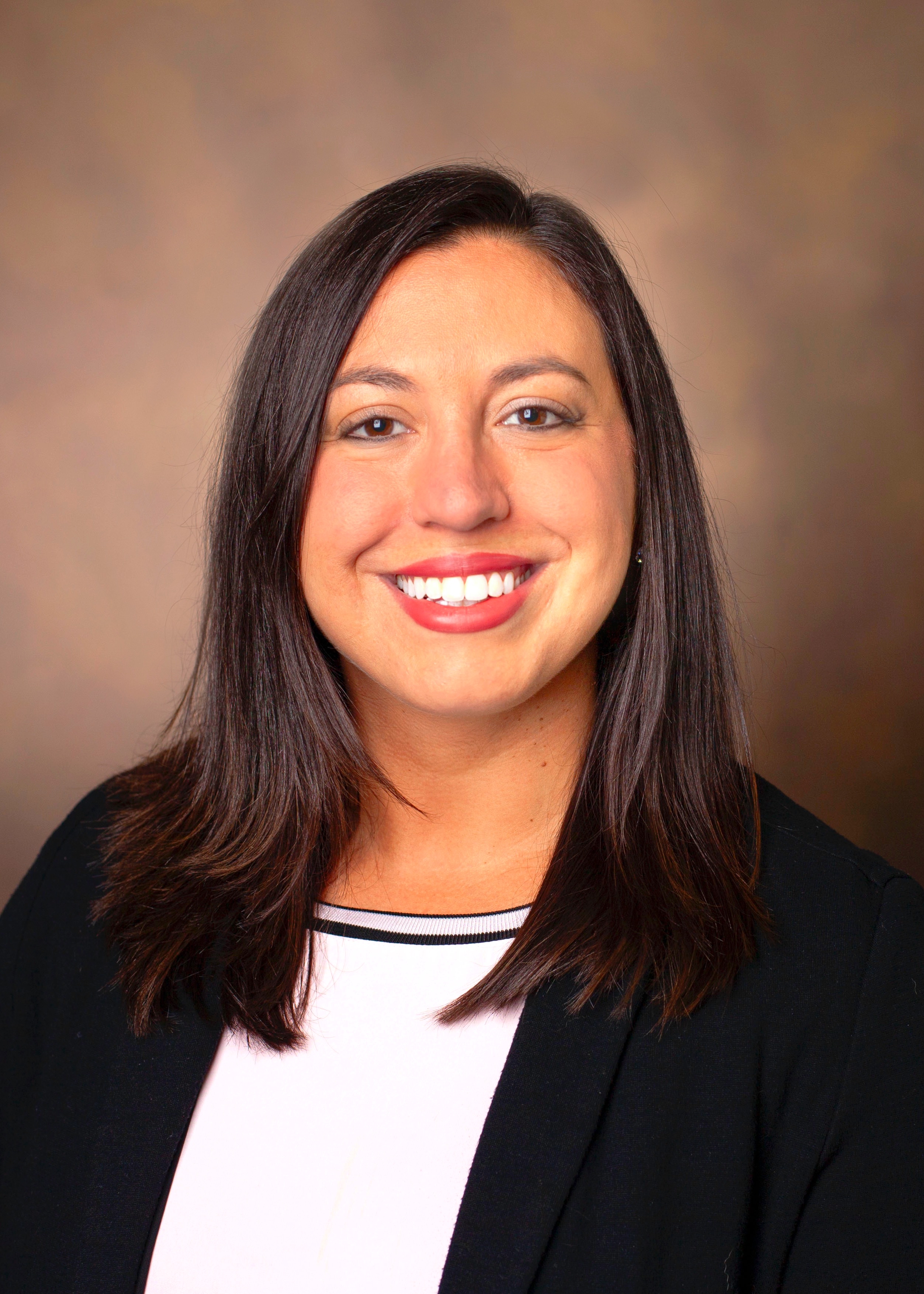
Danika Paulo, M.D.
Clinical Fellow
I am fortunate to serve as the Baylor Functional Neurosurgery Fellow for the academic year of 2024-2025. I completed my pre-medical training at Boston College in 2012, medical school at Rutgers-Robert Wood Johnson Medical School in 2017 and neurosurgery residency at Vanderbilt University Medical Center in 2024. My clinical interests include surgical and neuromodulatory treatments for psychiatric disorders, epilepsy, movement disorders and pain. My research pursuits have primarily focused on neurophysiology, psychiatric neurosurgery, epilepsy and movement disorders and I plan to continue researching these topics in my career as an academic functional neurosurgeon. Functional neurosurgery has a powerful capacity to meaningfully improve the quality of life of patients with a variety of neuropsychiatric disorders and is closely intertwined with technology both from an imaging and implanted device perspective. As such, there is a lot of potential room for exciting growth in better understanding the structural and functional underpinnings of neuropsychiatric disorders and optimizing or developing methods to treat them. The team here at Baylor is doing world-class, pioneer work in many realms, most notably in psychiatric neurosurgery and cognitive disorders, and I am grateful to work with and learn from the physicians and researchers in this wonderful group!
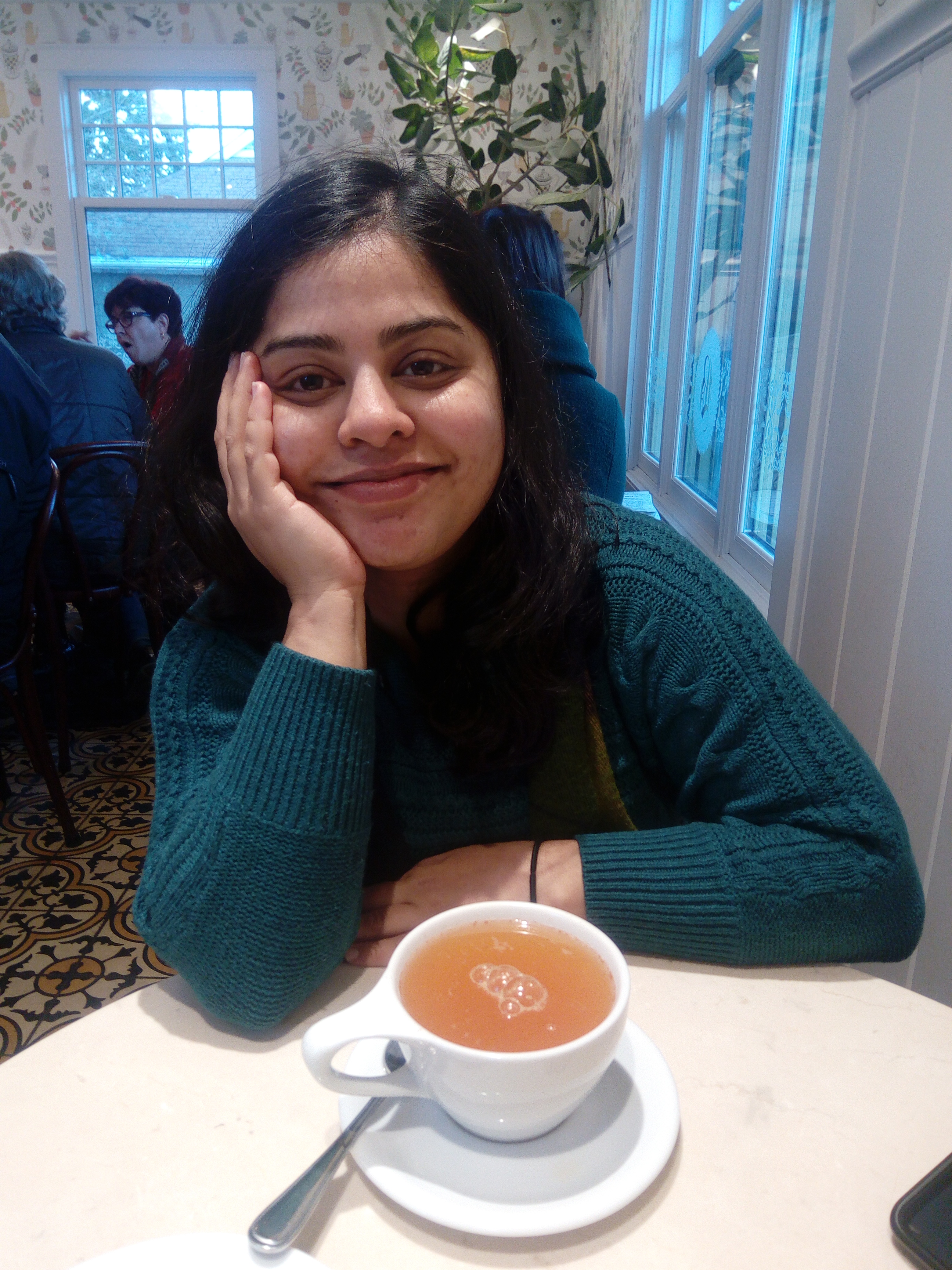
Shraddha Shah
Postdoctoral Associate
I am interested in uncovering and understanding core neuronal computations (or processes) underlying complex cognition. How neuronal circuits might be specialized for specific computations that could be co-recruited across several cognitive processes and contexts. I am also interested in developing a better understanding of the basic properties of human single neurons by studying spontaneous neuronal activity using high-density electrodes technology. During my postdoctoral research at BCM, I intend to approach these using naturalistic behavioral tasks and paired-task paradigms, both in the epilepsy monitoring unit setting and in the operating room. My thinking has been deeply shaped by my Ph.D. work studying the neuronal mechanisms of visual attention in the early visual system – teaching me to pay attention to the structural properties of local circuits, physiological and functional diversity of cell types, and behavioral task designs. In the very (very) long run, I hope that my work could inform and engage with research on post-traumatic stress disorders and depression.
In addition to research, I am somewhat actively involved with various advocacy efforts focused on creating awareness for mental health, disability accommodations, and power dynamics in academic research. I have come to believe that mentorship is a critical aspect of research training, and very excited to be in an environment where I have the opportunity to be both at the receiving and giving ends of it – while learning to do both better.
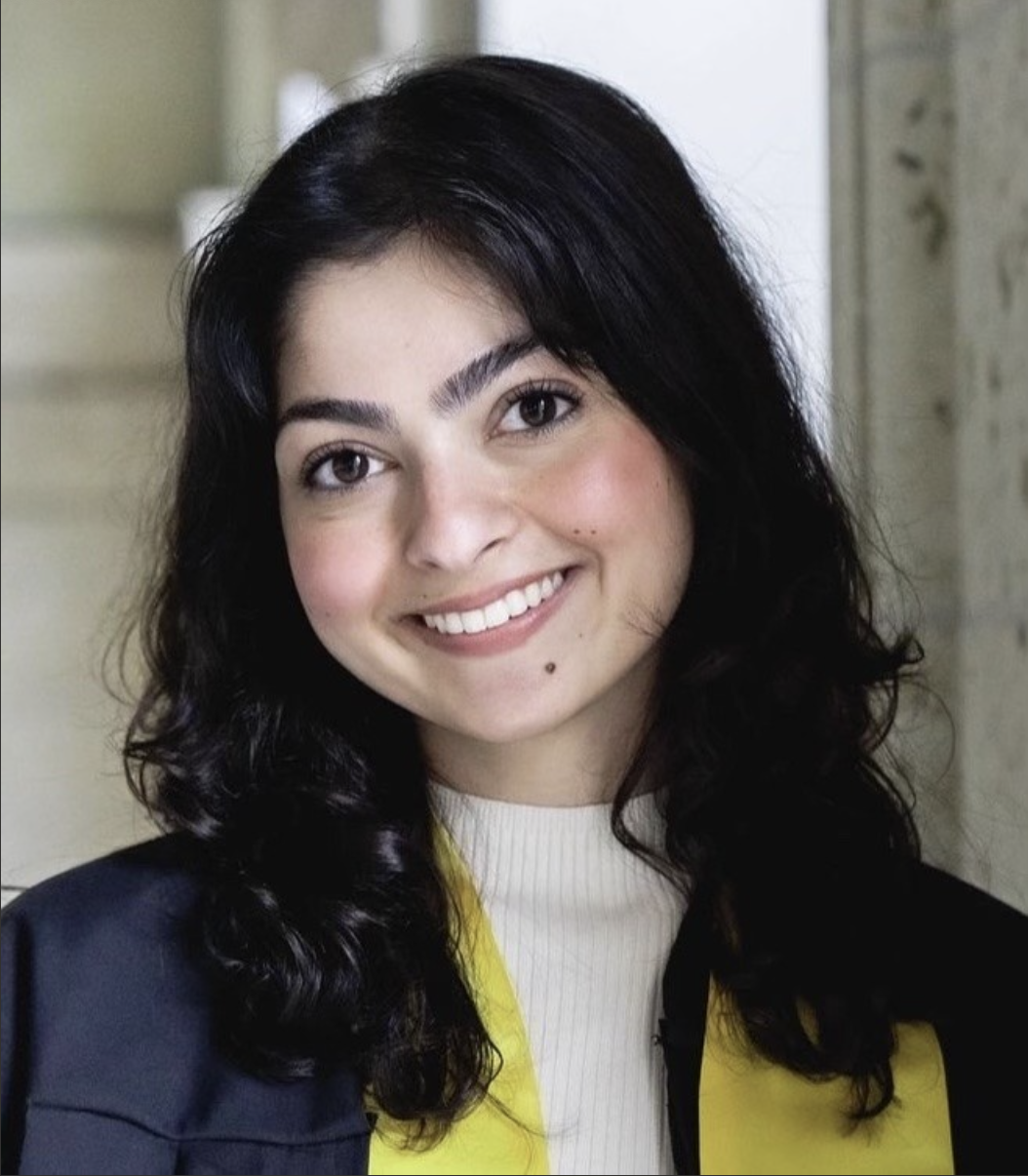
Sarah Soubra
Medical Student
I am a second-year medical student at Baylor College of Medicine interested in pursuing neurosurgery. I obtained my undergraduate degree in neuroscience from the University of Texas at Austin, where I was involved in research focused on uncovering the molecular mechanisms underlying alcohol and drug addiction. I am currently taking a research year under the Medical Research Pathway. My research interests center on the utilization of Deep Brain Stimulation in the treatment of psychiatric and motor disorders, aiding in improving their clinical application, and better understanding the structural, functional, and molecular mechanisms of these conditions. Through my research, I aim to identify how DBS can be optimized not only to alleviate symptoms but also to facilitate better long-term outcomes in patients.
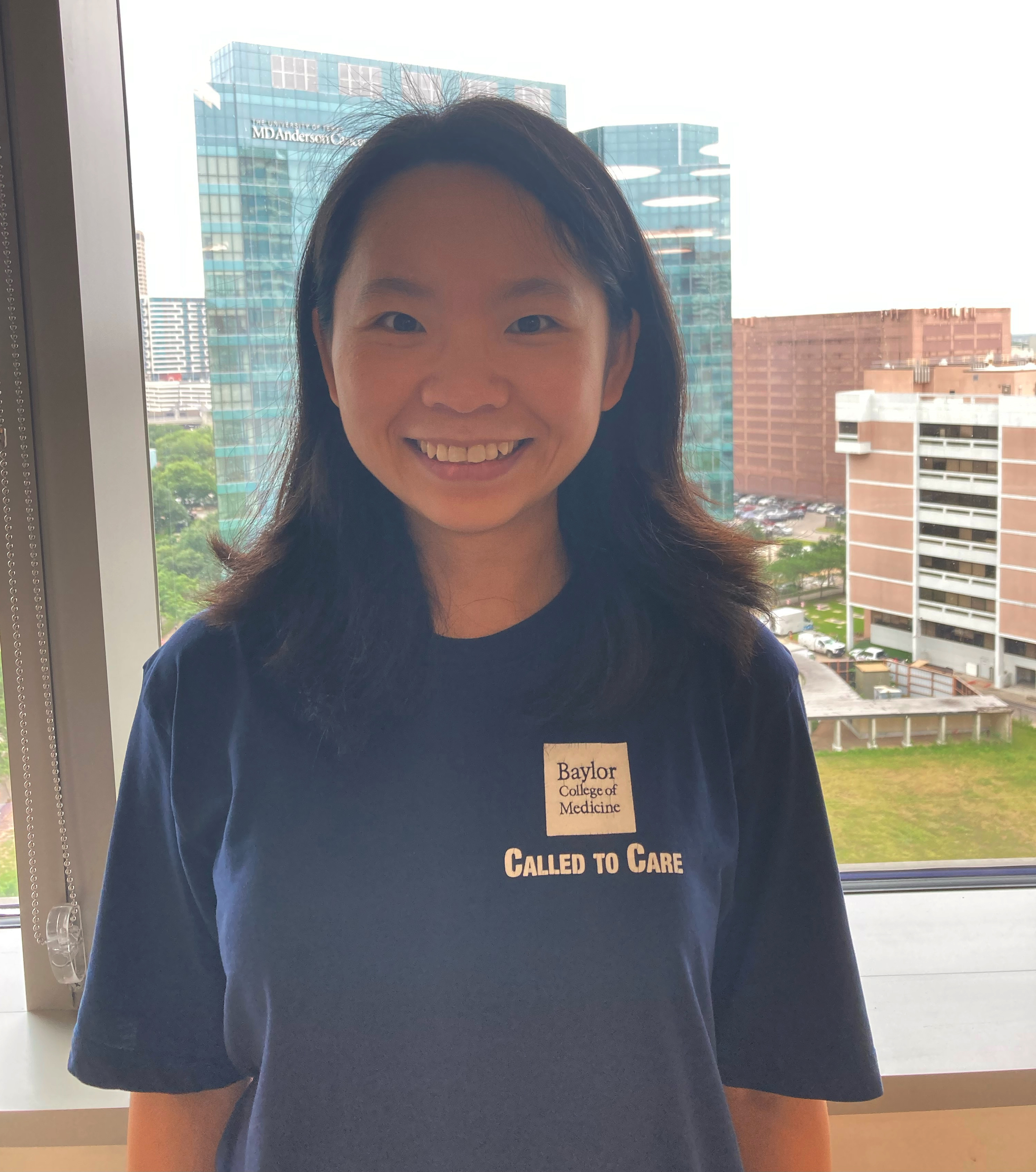
Yue Zhang
Instructor, Lab Manager
Over the last seven years, my research efforts have focused on examining brain mechanisms that underlie induced and natural human behaviors. I am especially interested in brain neuroplasticity, neuromodulation, and translational research that can improve day-to-day behaviors. My most recent research focuses on investigating multisensory integration in speech perception such as watching speech videos and short movies, measured by direct (i.e., intracranial electroencephalography/iEEG) and indirect (i.e., BOLD fMRI) neuroimaging techniques. Many everyday tasks require us to integrate information from multiple modalities, such as during conversation when we make use of both the auditory information we hear in spoken speech and the visual information from the facial movements of the talker. This is especially important under conditions in which one modality is degraded, such as in a noisy room, or in hearing loss conditions. iEEG and BOLD fMRI techniques have offered the best combination of spatial and temporal resolution for this purpose. After joining the Sheth lab, I hope to further expand my work to investigate the role of mood and attention in speech perception.
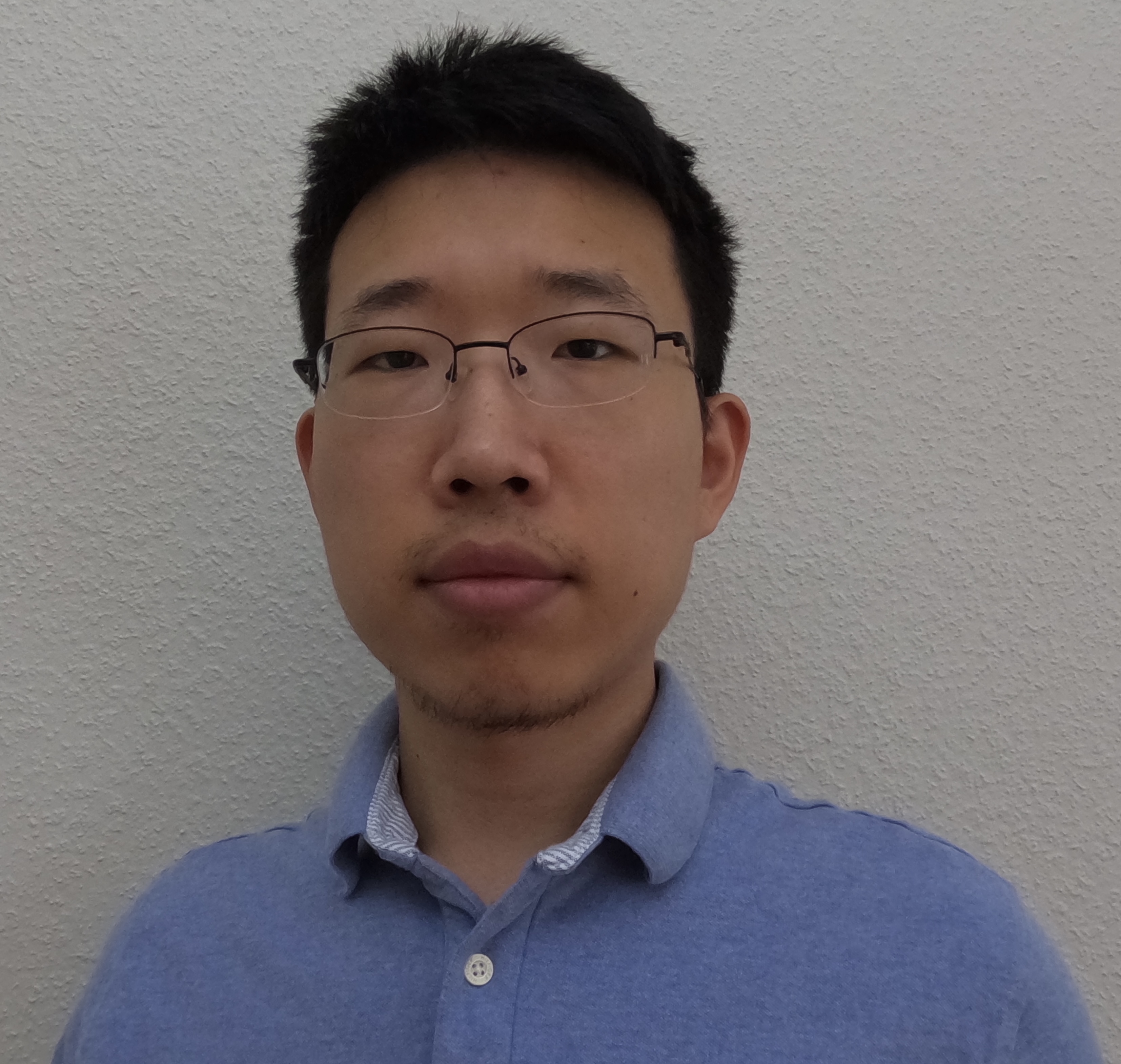
Yewen Zhou
Software Engineering and Programming Associate
I hold an M.S. in Data Science from Columbia University and a B.A. in Data Science from UC Berkeley with a focus on Business/Industrial Analytics. My professional background includes deep learning, machine learning, software engineering, and Data Science related projects. Currently, I collaborate with lab members on projects involving video synchronization, TRBD dashboard setup, and data archiving.
Lab Alumni
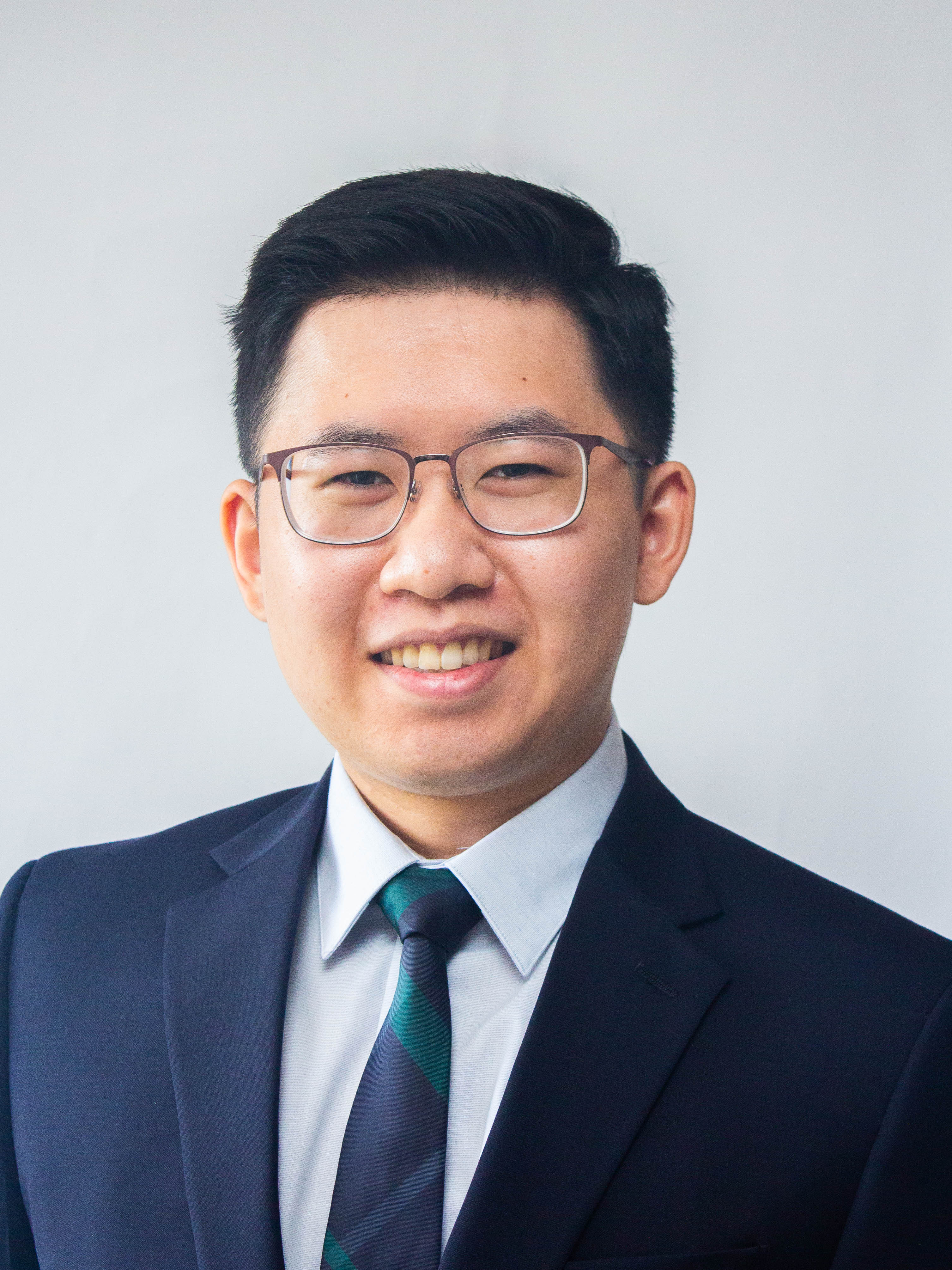
Medical Student
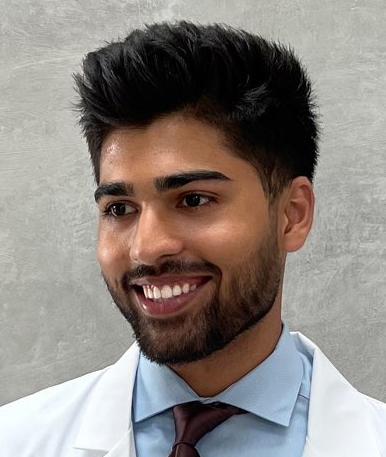
Medical Student
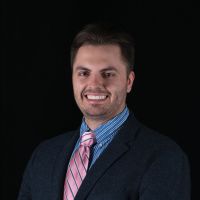
Staff Scientist
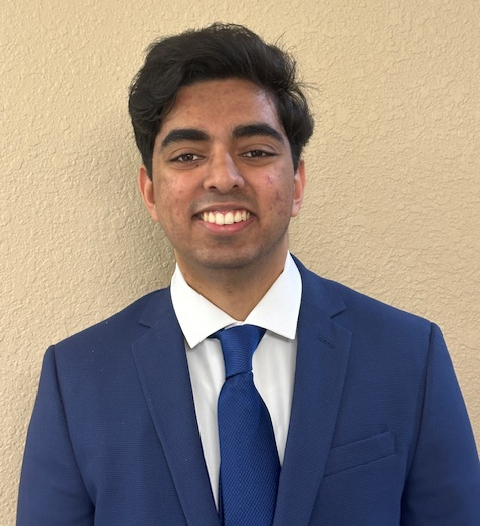
Research Assistant
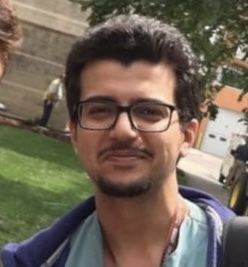
Clinical Fellow
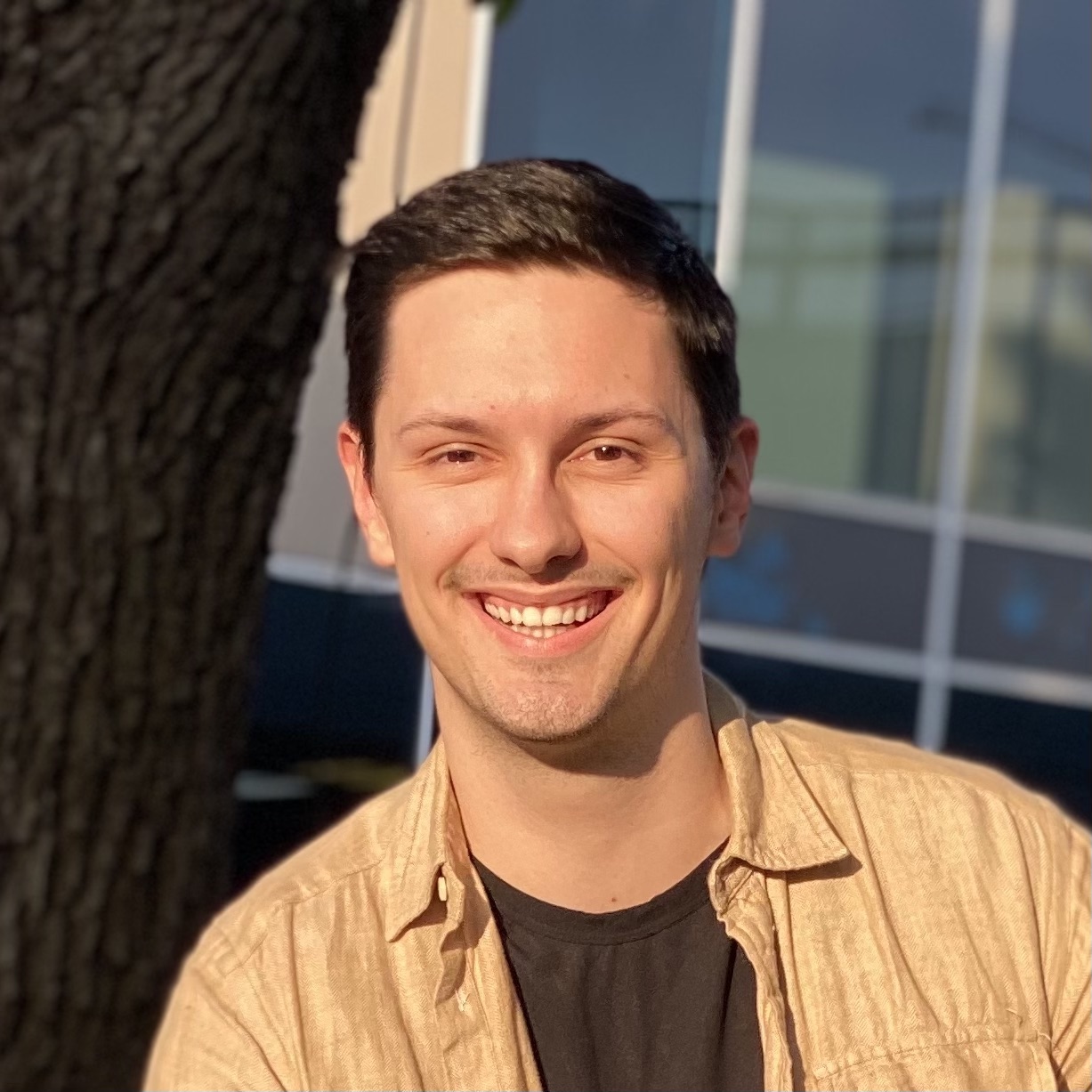
Master's student
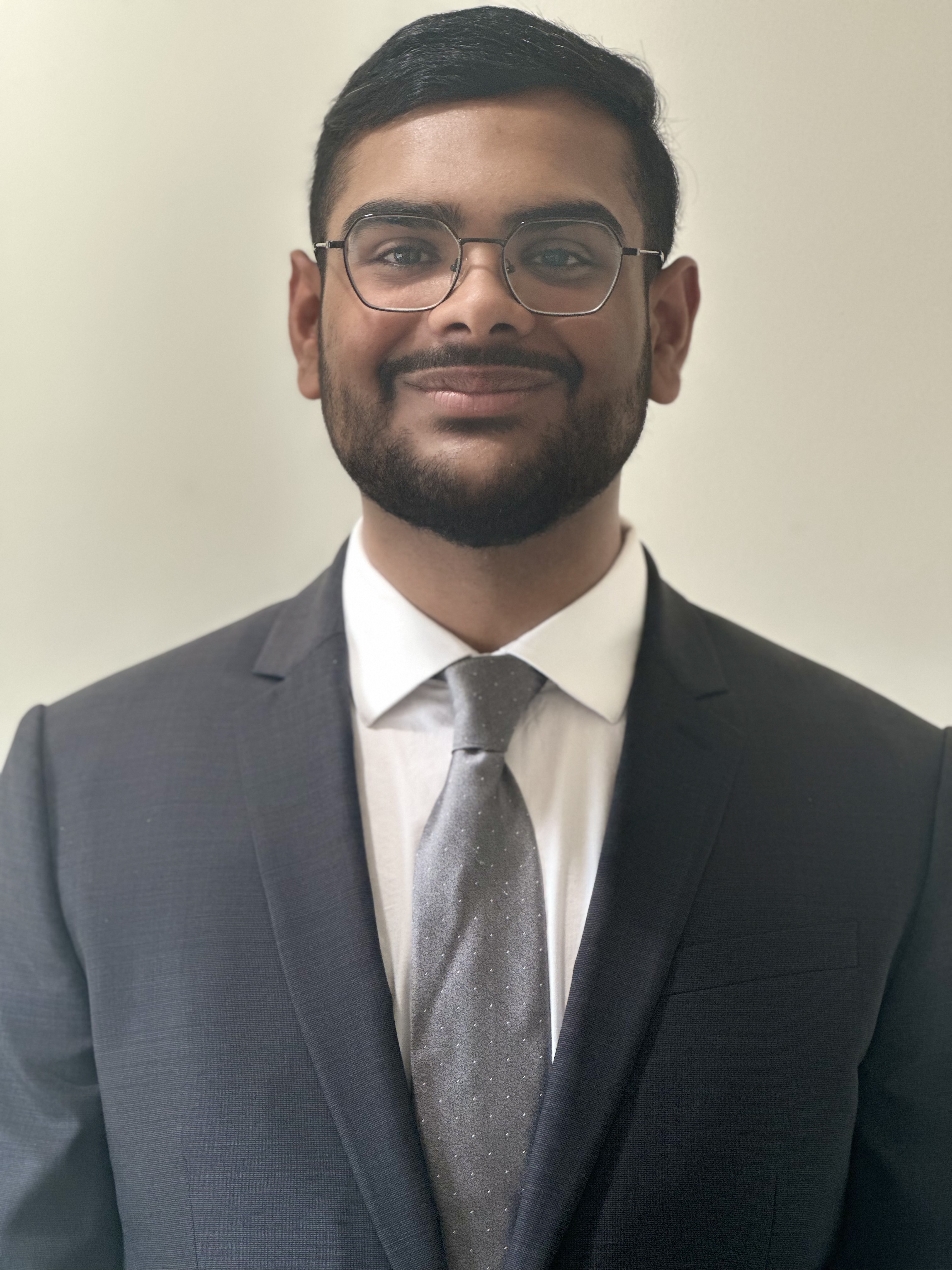
Medical Student
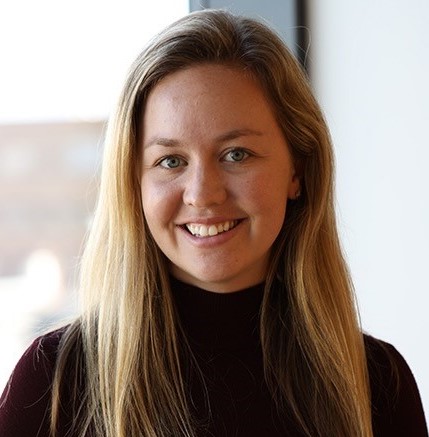
Postdoctoral Associate
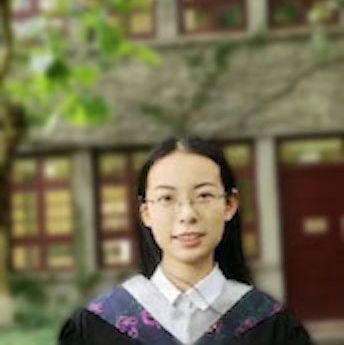
Ph.D. Student
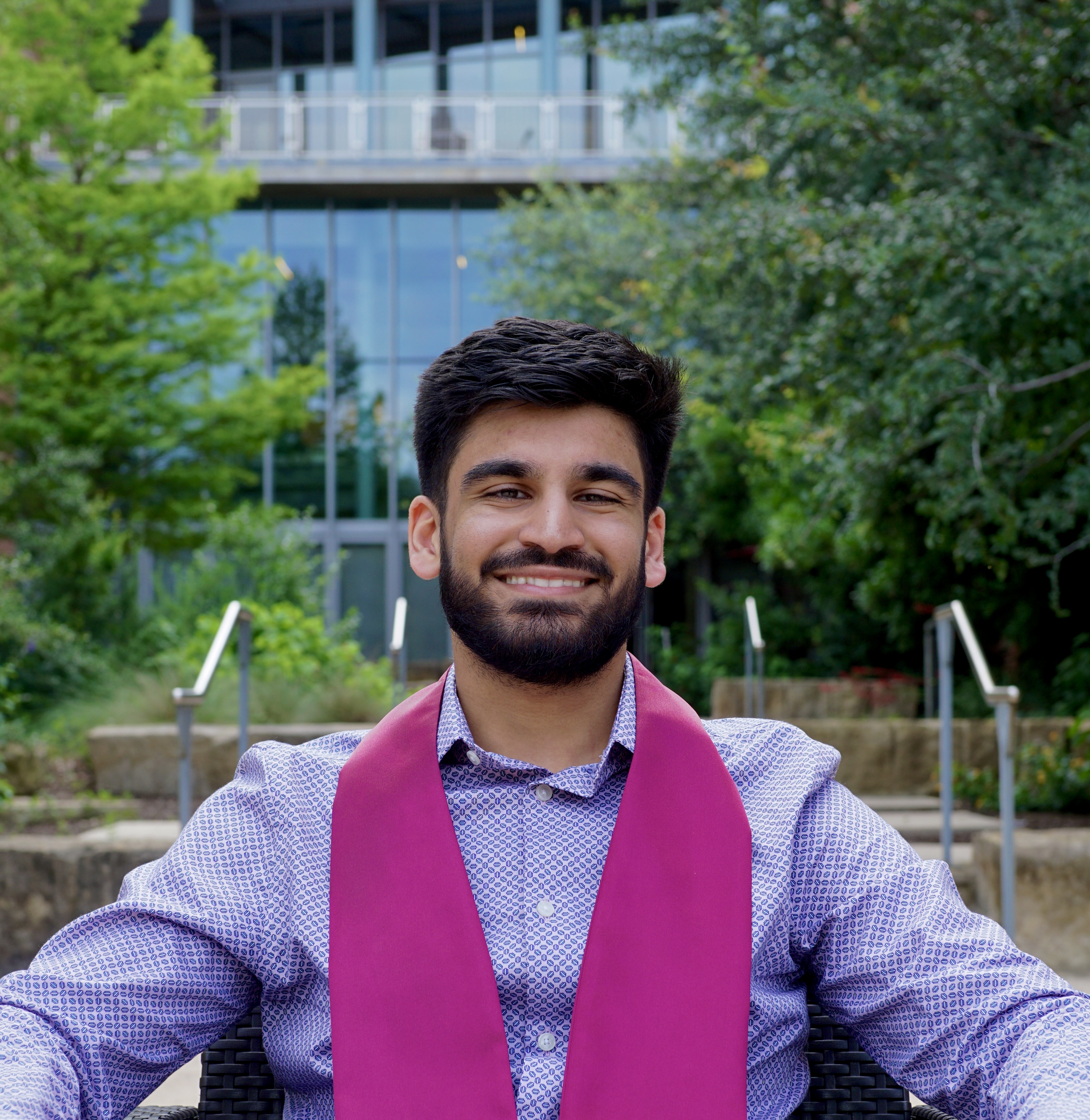
Research Technician II
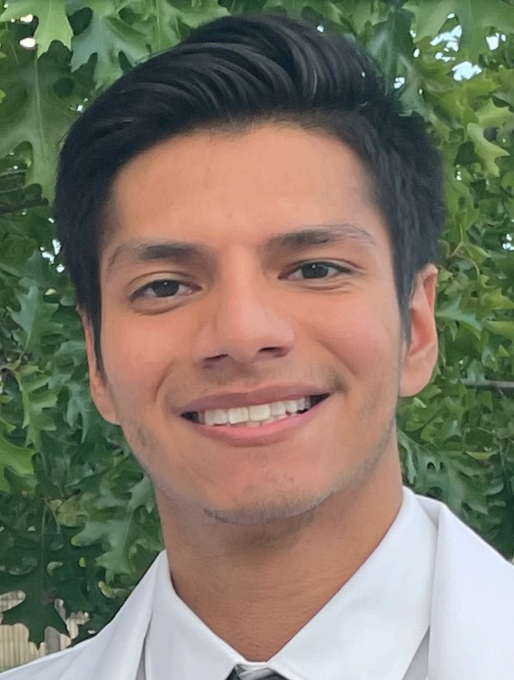
Medical Student
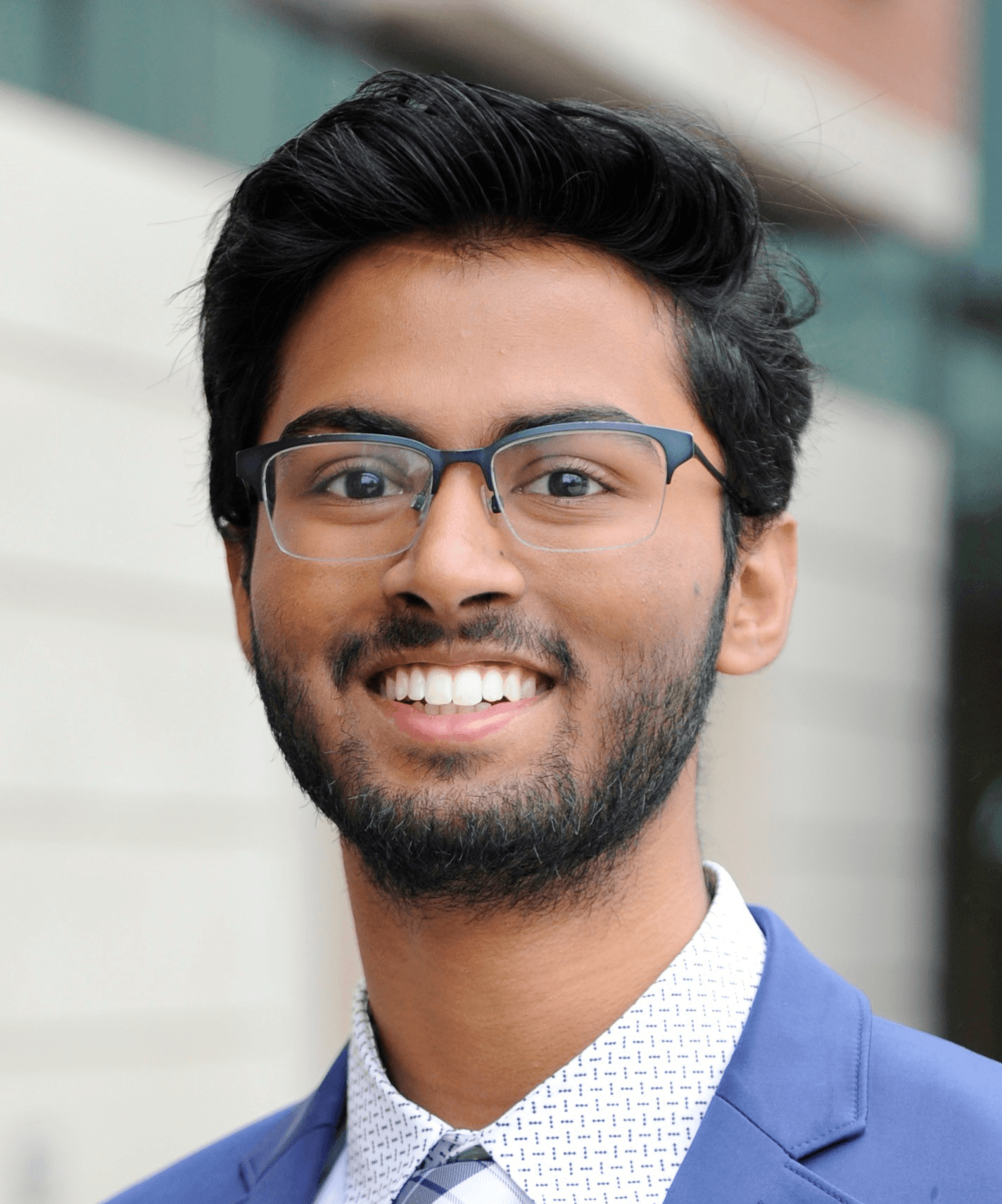
Medical Student
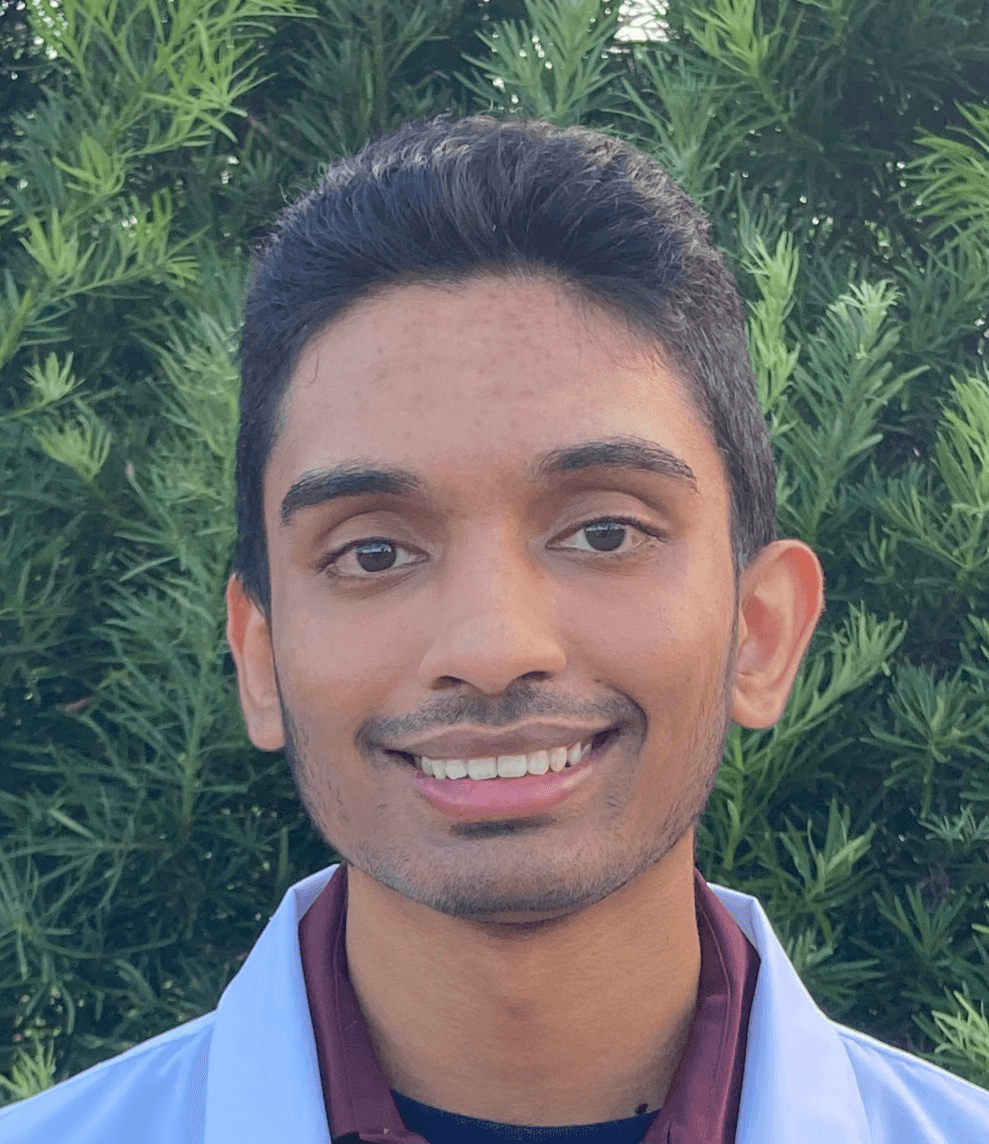
Medical Student
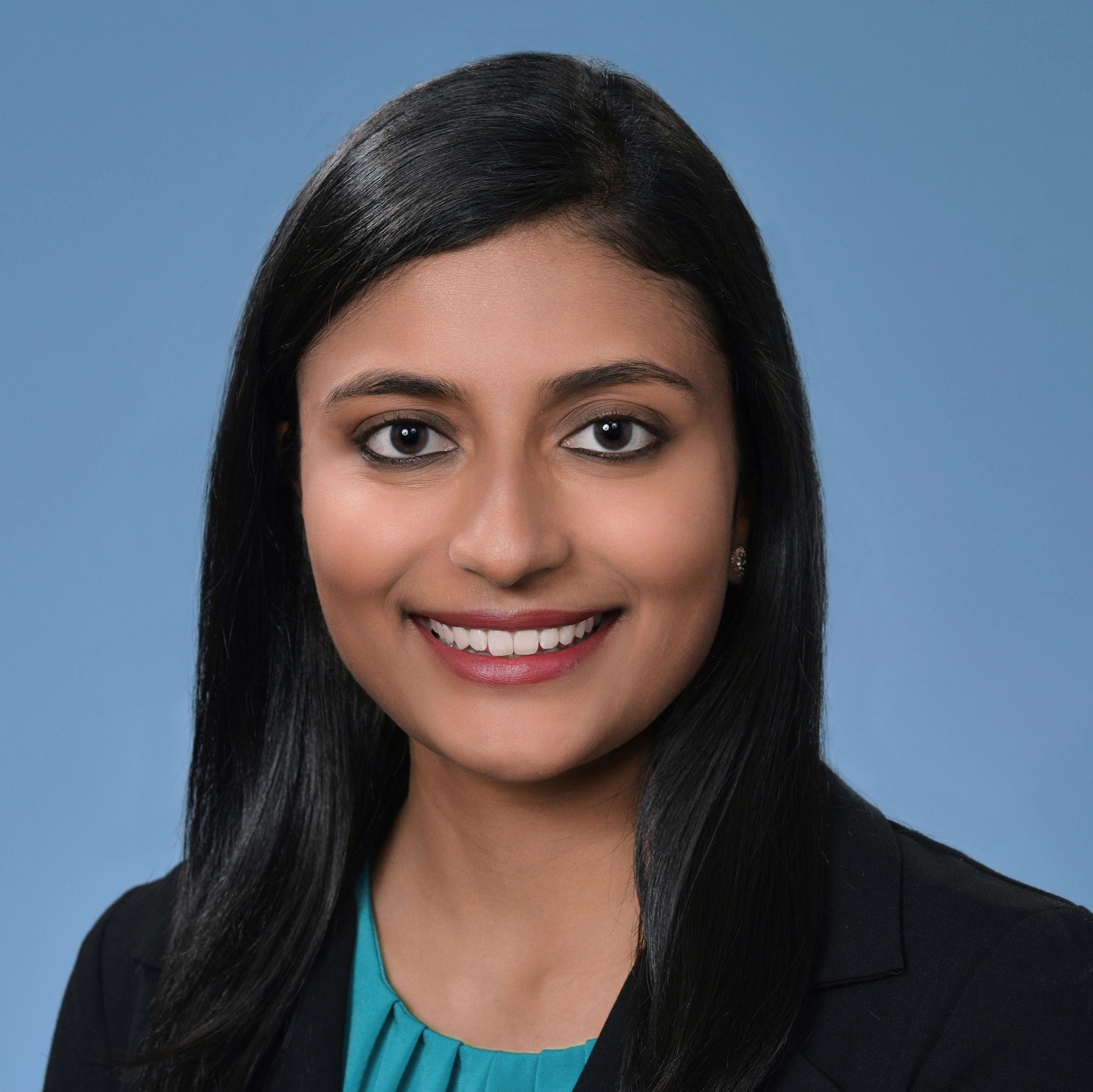
Neurosurgery Resident
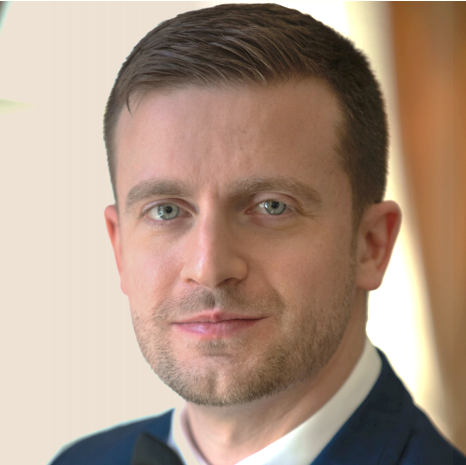
Fellow, Functional and Stereotactic Neurosurgery
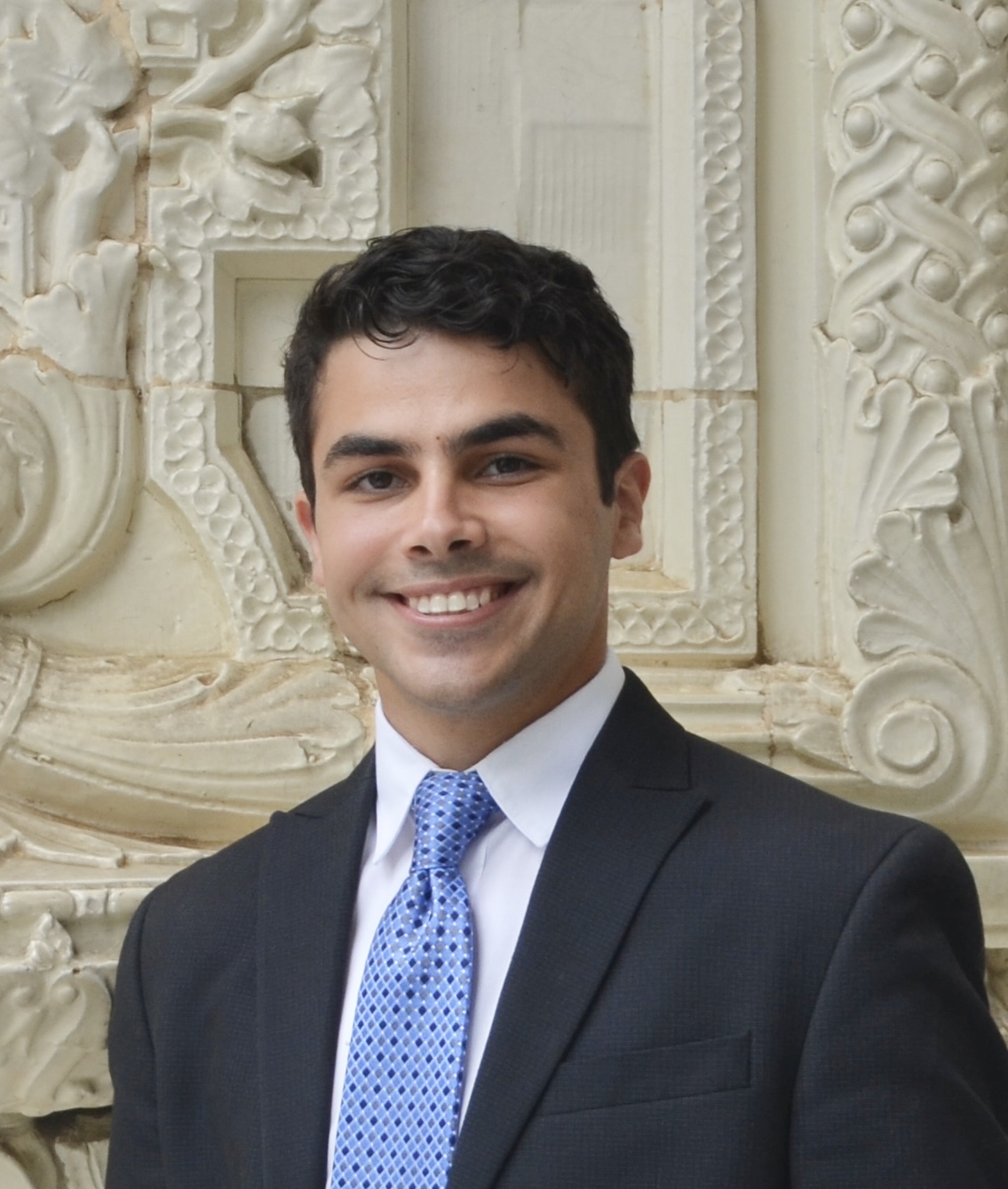
Research Technician II
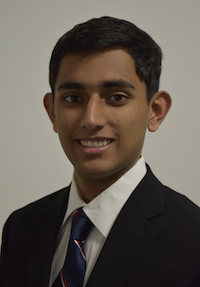
Research Technician II
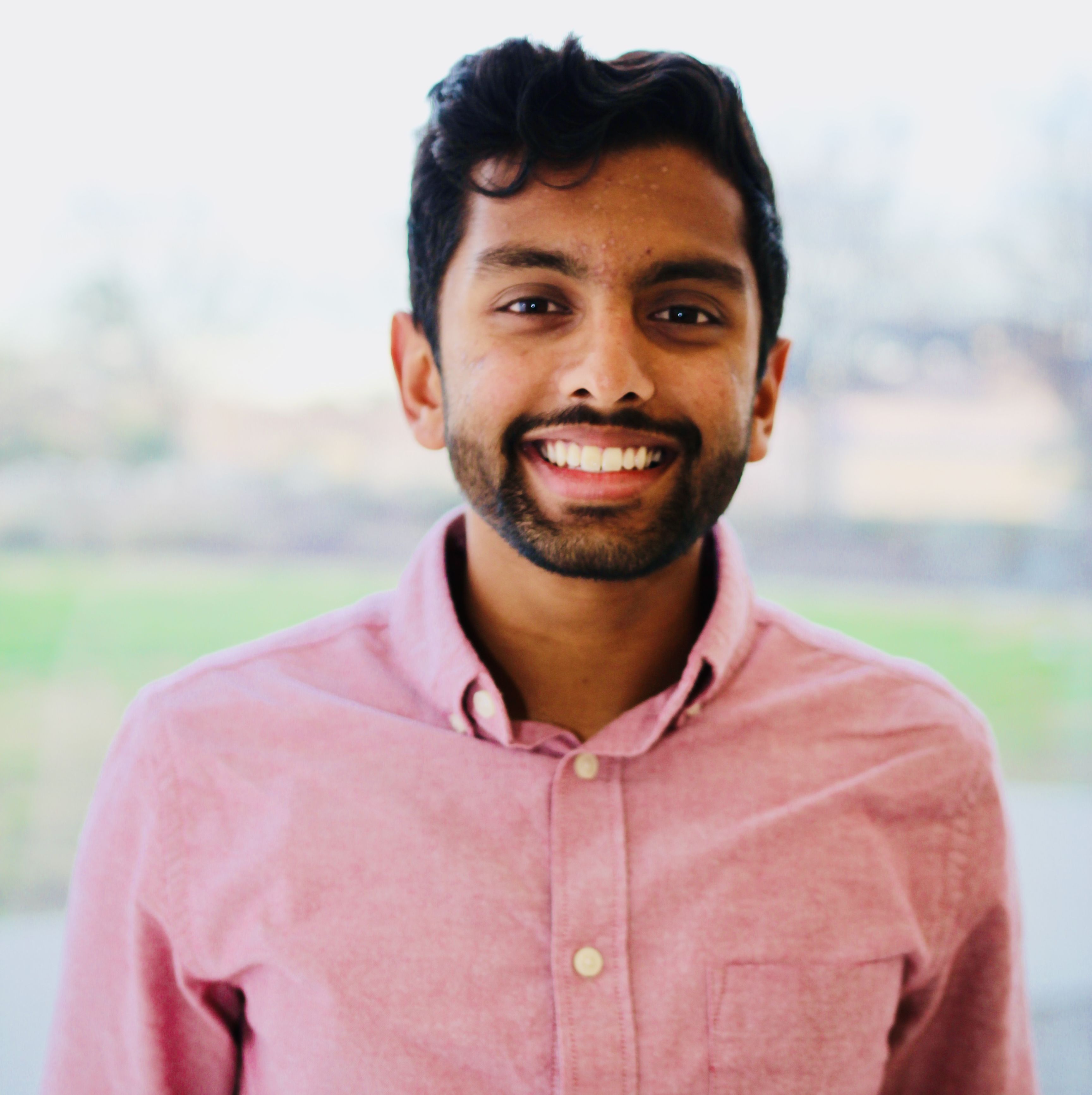
Medical Student
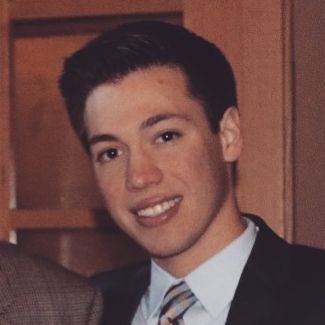
Medical Student
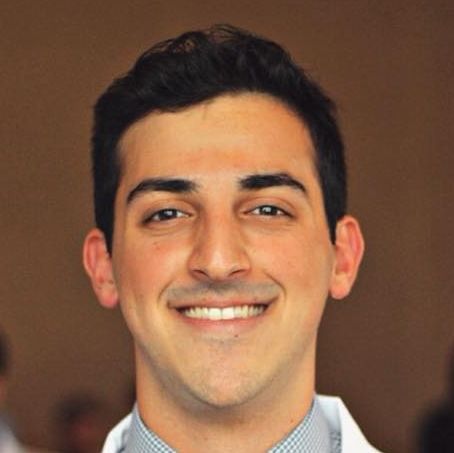
Medical Student
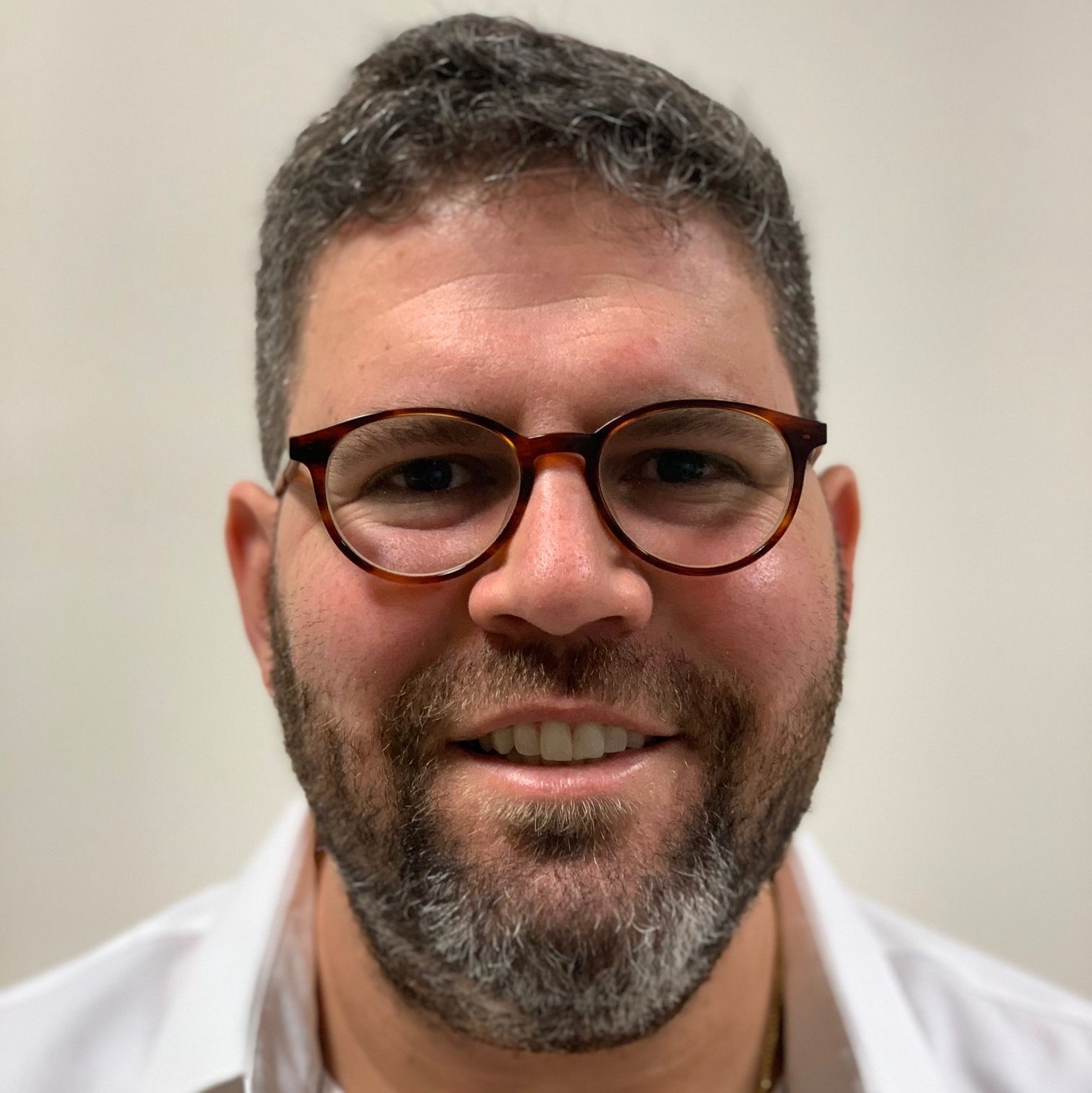
Fellow, Functional and Stereotactic Neurosurgery
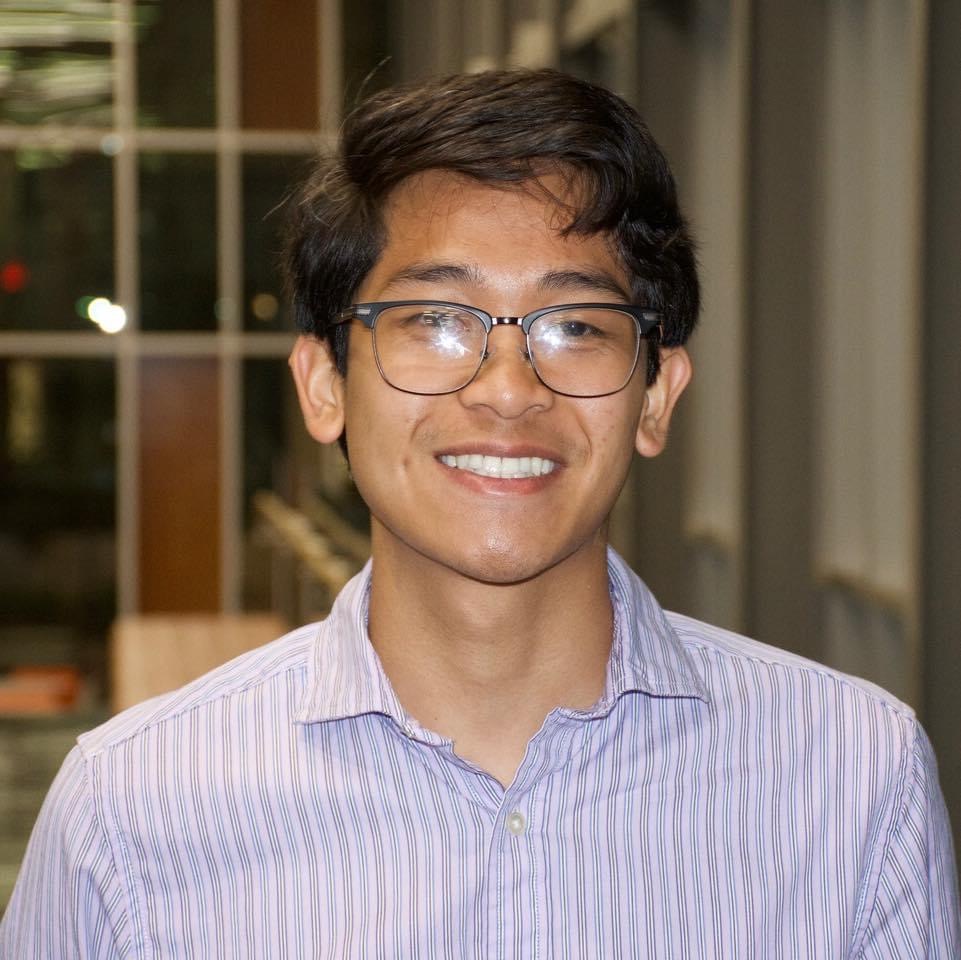
Medical Student
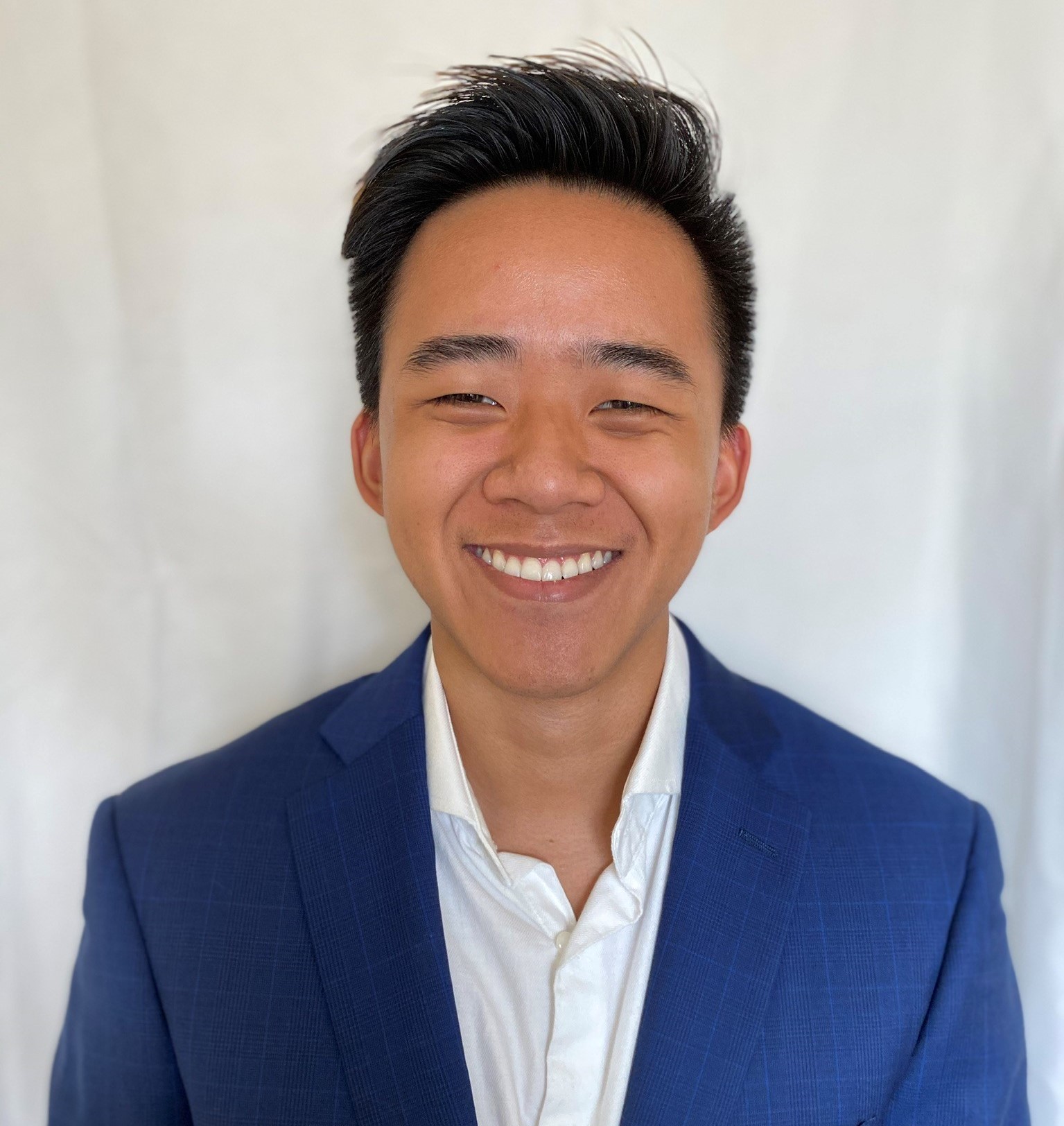
Medical Student

Former Trial Coordinator

Former Postdoc








